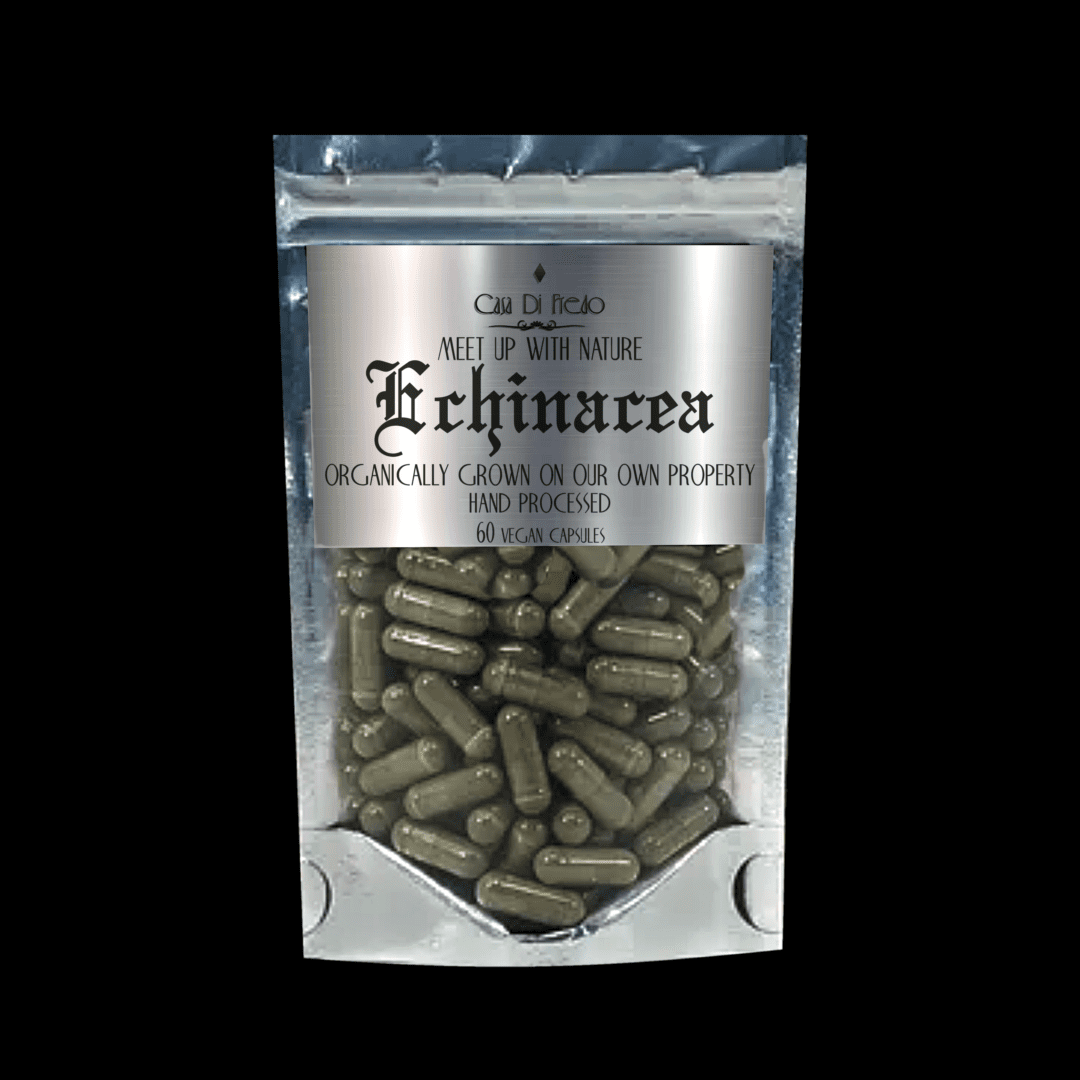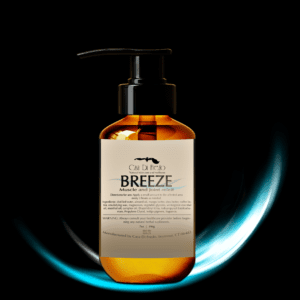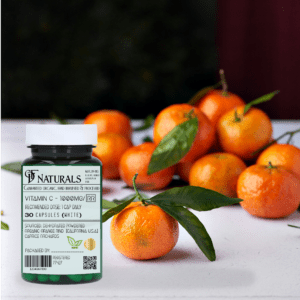Description
Lab Studies Suggest Echinacea Has Immune Function, Pain Relief, and Antioxidant Effects
Several laboratory studies have investigated the potential effects of echinacea on immune function, pain relief, inflammation, hormones, and viral infections. The findings of these studies suggest that echinacea may possess active substances that have the potential to enhance immune health, alleviate pain, reduce inflammation, and exhibit hormonal, antiviral, and antioxidant properties.
Boosting Immune Function
One of the most prominent properties of echinacea is its positive impact on the immune system. Laboratory studies have observed an increase in the production of white blood cells, which are key components of the immune system. These cells help fight infections and viruses, thereby supporting the body’s defense against pathogens.
Pain Relief
Echinacea has been found to have the potential to relieve pain associated with various conditions. Lab studies have shown that echinacea extracts can reduce inflammation, which can contribute to pain relief. Additionally, echinacea may exert analgesic effects by acting on certain nerve receptors in the body.
Inflammation Reduction
Inflammation is a natural immune response, but sometimes it becomes chronic and harmful to the body. Echinacea has been shown to have anti-inflammatory properties, which can be beneficial in reducing inflammation and promoting healing. Lab studies have observed a reduction in the production of inflammatory markers and cytokines when echinacea extracts are used.
Hormonal Effects
Echinacea has been found to have hormonal effects. Lab studies have shown that echinacea can influence the production of certain hormones, such as cortisol and corticosterone. These hormones are involved in regulating the body’s stress response and immune function. However, further research is needed to fully understand the hormonal effects of echinacea.
Antiviral Effects
Laboratory studies have suggested that echinacea may have antiviral properties. It has been shown to have activity against some viruses, including the common cold virus. However, further research is needed to establish its effectiveness in treating viral infections in humans.
Antioxidant Activity
Echinacea has been shown to possess antioxidant properties. Lab studies have identified compounds in echinacea that may protect the body’s cells from damage caused by free radicals, which are unstable molecules that can cause oxidative stress. Antioxidants can help neutralize these free radicals and support overall health.
Dose and duration of use
While laboratory studies provide valuable insights into the potential effects of echinacea, it is essential to consider the dosage and duration of use. Excessive consumption of echinacea for longer than 8 weeks at a time might damage the liver or suppress the immune system. Herbalists recommend avoiding long-term use of echinacea if you are taking medications known to affect your liver. Additionally, it is important to consult your healthcare provider before taking echinacea if you are on other medications, herbs, or supplements.
In conclusion, laboratory studies suggest that echinacea may have a range of beneficial health effects, including boosting immune function, relieving pain, reducing inflammation, exerting hormonal effects, and having antiviral and antioxidant properties. However, it is essential to exercise caution and consult with a healthcare professional before using echinacea, especially if you are taking other medications or have underlying health conditions.
Additional information
| Weight | 1.0 lbs |
|---|---|
| quantity | 60 |
Related products
-

Tea Tree
$9.00 Select options This product has multiple variants. The options may be chosen on the product page -
Sale!

Breeze Muscle Aches
$18.99Original price was: $18.99.$9.99Current price is: $9.99. Add to cart -

Eucalyptus
$9.00 Select options This product has multiple variants. The options may be chosen on the product page -

Vitamin C [RR]
$14.25 – $42.75 Select options This product has multiple variants. The options may be chosen on the product page




